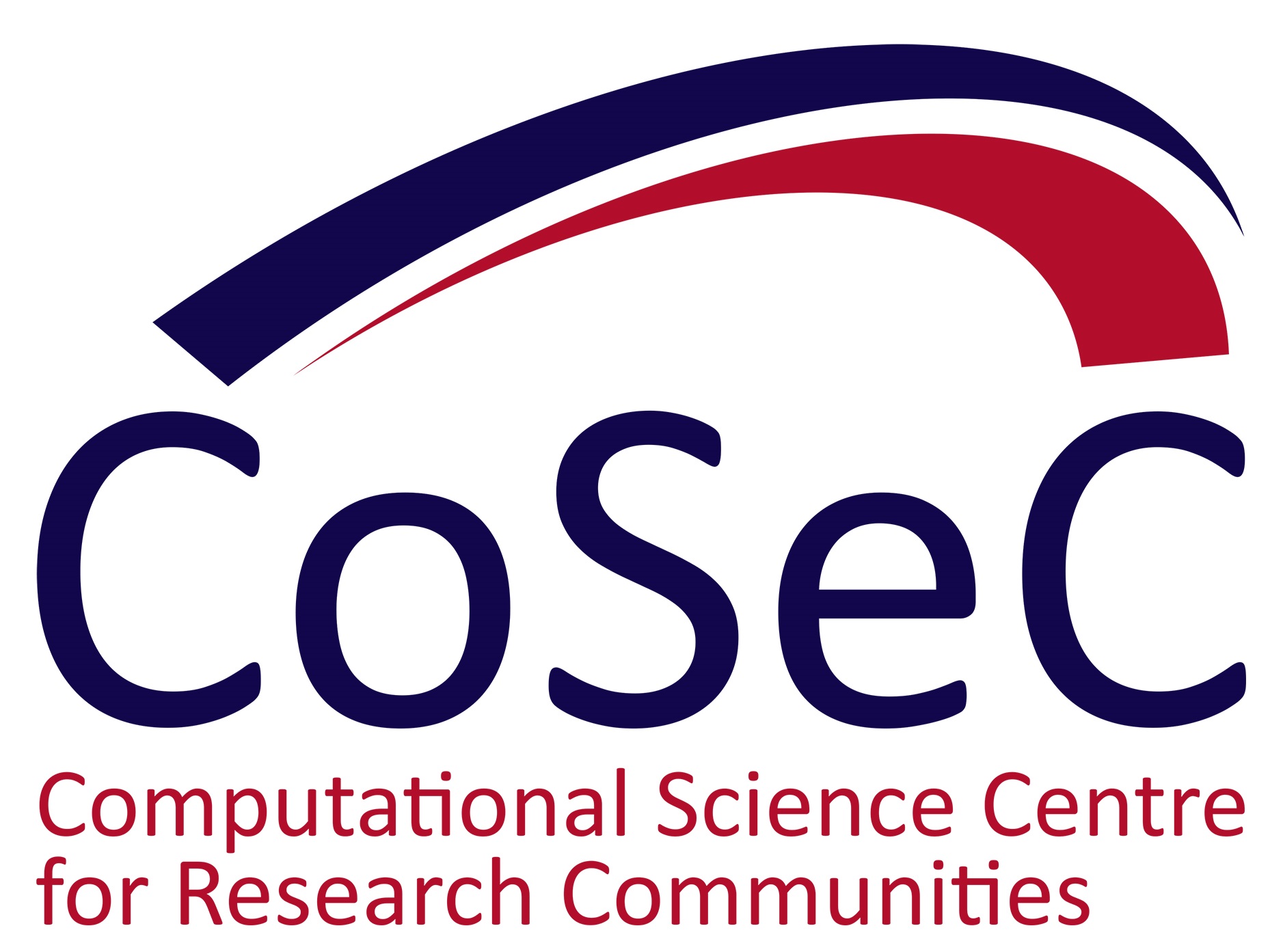Physics-based simulations complement experiments in building a molecular level understanding of biology: they can test hypotheses and interpret and analyse experimental data in terms of interactions at the atomic level. A wide variety of simulation techniques have been developed, applicable to a range of different problems in biomolecular science.
Simulations have already shown their worth in helping to analyse how enzymes catalyse biochemical reactions, and how proteins adopt their functional structures e.g. within cell membranes. They contribute to the design of drugs and catalysts, and in understanding the molecular basis of disease. Simulations have played a key role in developing the conceptual framework now at the heart of biomolecular science, that is, the understanding that the way that biological molecules move and flex - their dynamics - is central to their function.
Developing methods from chemical physics and computational science will open exciting new opportunities in biomolecular science, including in drug design and development, biotechnology and biocatalysis. Much biomolecular simulation demands HPC resources: e.g. large-scale simulations of biological machines such as the ribosome, proton pumps and motors, membrane receptor complexes and even whole viruses. A particular challenge is the integration of simulations across length and timescales: different types of simulation method are required for different types of problems.
CCPBioSim (Collaborative Computational Project for Biomolecular Simulation) is an inclusive and wide ranging project, bringing together chemists, physicist and chemical engineers as well as researchers from all branches of "molecule-oriented" biochemistry and biology. Our aim is to involve experimentalists and computational specialists, sharing the belief that the best science can be done when theory and experiment are closely integrated. CCPBioSim engages with early career researchers and the non expert through the provision of tutorials and workshops enabling them to become proficient and productive users of biomolecular simulation techniques. We are also actively engaged in developing new advanced methods, which in future will be used by our community to deliver new and exciting science.
Project Chair: Professor Adrian Mulholland
CoSeC Project Lead: Dr Tom Keal
More information: CCP-BioSim website
